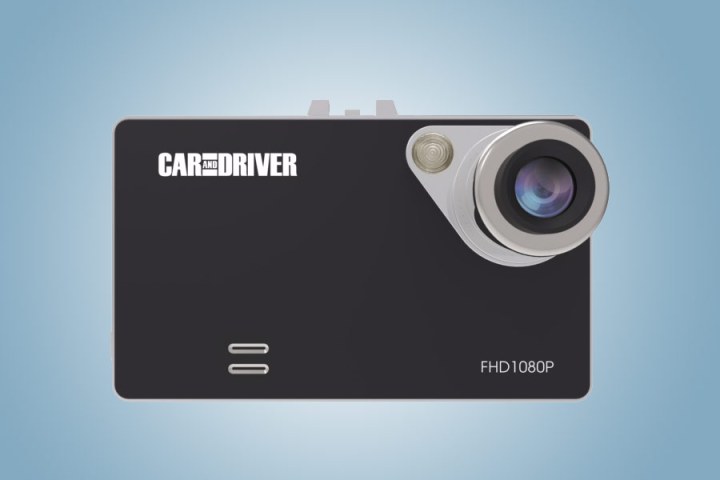
The entry-level CDC-618 is built around an ultraslim design and 2.4-inch LCD screen. Like its more-expensive siblings, it features both motion and accident detection and will automatically start recording when needed. The lens has a viewing angle of 156 degrees and can save still images at up to 5MP. At just $70, the CDC-618 could be an intriguing option for drivers looking for a basic dash cam.
The midrange CDC-620 goes for $130 and also features an ultra-slim design, but boasts a larger 2.7-inch screen, the largest of the three. The camera has the same 156-degree viewing angle of the CDC-618 but can capture still photos at 12MP resolution. A built-in microphone records in-car audio along with the video, so remember: Your embarrassing radio singalong sessions could become evidence.
At the top of the line is the CDC-622. This flagship dash cam features a 2.4-inch screen and the widest viewing angle of the three cameras at 170 degrees. Called a “security and hands-free entertainment hub,” the slightly larger unit adds Wi-Fi, GPS, SIM card support, and a three-axis G sensor. It is designed to mount to a rearview mirror and sells for $230.
All three models are compatible with the CloudCover mobile app, giving users the option to control the cameras from their phones.



